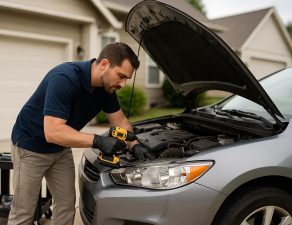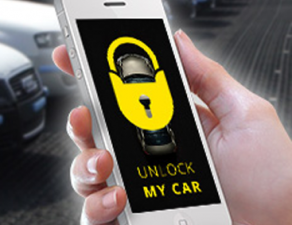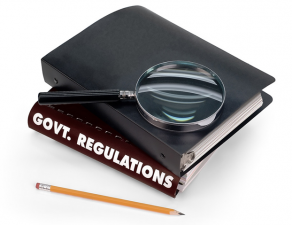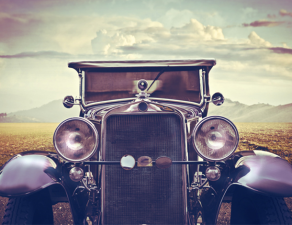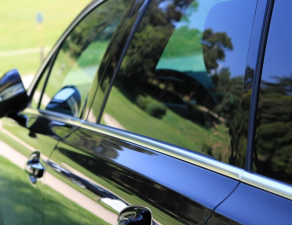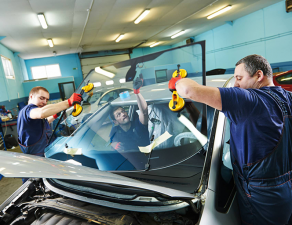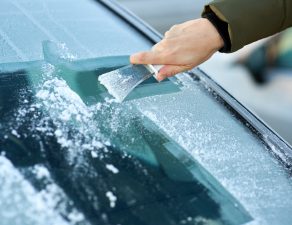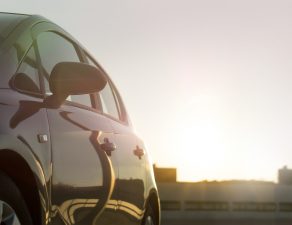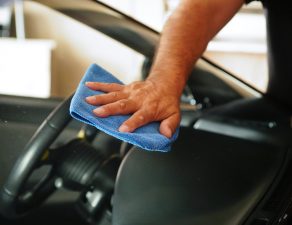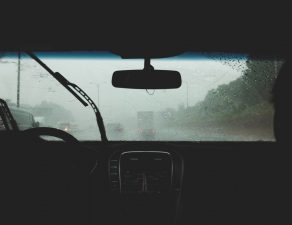Having your car break down on a lonely road during a long trip is high on most people’s list of things to avoid—but it happens. If you’re stranded without sustenance and shelter and your phone is about to die, panic can quickly take over. It gets even worse if you’re passing through grizzly bear country with tired kids during a freak summer blizzard and a nearby prison outbreak. So having a well-stocked emergency kit for your car can give you the peace of mind and tools you’ll need to keep your stranded experience from becoming an unfortunate news item.
Instantly Get Up to 3 Local Windshield Replacement Quotes
Here’s what you should consider packing in your car’s emergency kit:
Communication Tools
Consumer Reports ranks a charged cell phone as possibly the single most important item you can have with you on any excursion because it means that help is only a text or call away—as long as there is cell reception, that is. Be sure to bring the following:
- Your mobile phone (as if you ever leave the house without it)
- A car charger—and bonus points (not to mention sighs of relief) if you have a solar device charger
- Roadside assistance phone numbers programmed into your phone as well as written down and stored with important car documents like your registration and insurance
- An AM/FM and weather radio to stay alert to any potential weather or road hazards in your area
- LED flashlights or headlamps
- Fresh batteries stored in a waterproof baggie
- Flares and reflective triangles
- A whistle
Basic Auto Repair Items
Even if you’re not a mechanic, it’s important to have a few basic car repair skills, as well as the tools to implement them. DMV.org suggests packing and knowing how to use these items:
- Jumper cables that are 8-12 feet long
- Tire chains
- Fire extinguisher
- Compact folding shovel (army or camping variety)
- Sand (to improve traction)
- Basic toolbox with pliers, screwdrivers (Phillips and flathead), and adjustable wrench
- Jack and spare tire
- Duct tape
- Utility knife
- WD-40
- Extra fluids for your car: the DMV suggests 2 quarts of motor oil, a gallon of water, antifreeze and, if you’ve got the trunk space, brake, transmission, and power-steering fluid
Food and Water
You won’t have the energy to walk to the next town or shimmy up a tree for a cellular signal if you’re running on empty. Allstate recommends keeping a variety of non-perishable foods on hand, as well as:
- Cases of bottled water
- High-calorie energy bars
- Trail mix
- Individual packets of nut butters
- Dehydrated or freeze-dried foods
- Jerky
- Fruit and/or vegetable juice boxes
- Whole-grain crackers
- Tuna packs
- Hard candies
- Can opener
- Sanitizing hand wipes
Comfort and Survival
If you’re traveling to places where there is even the smallest chance that you could be stranded in a remote spot for a while, bring appropriate gear for the cold, wet or excessive heat.
- Reflective emergency blankets and sleeping bags
- Extra jackets, hats, scarves, gloves, and socks
- Sturdy walking shoes
- Rain poncho
- Waterproof matches and storm candles
- Hand and foot warmers
- Tarp and rope
- Ice scraper
- Sun block
- Straw or cotton hat
- Bug repellent
- Bandanas or face masks (in the case of forest fires)
- Pepper spray (good for repelling both bears and humans)
- Garbage and zip-top bags
First Aid Kit
The last thing you need during a breakdown is for a skinned knee to turn into a case of gangrene. The American Red Cross advises stocking your first aid kit with these things:
- 2 (5 x 9 inches) absorbent compress dressings
- 25 assorted adhesive bandages
- 1 roll (10 yards x 1 inch) adhesive cloth tape
- Antibiotic ointment packets (5, or a 1-gram tube)
- At least 5 antiseptic wipes
- Aspirin (2 packets, 81 mg each)
- 1 cold compress (instant)
- Large non-latex gloves
- Hydrocortisone ointment (2 packets, 1 gram each)
- Scissors and tweezers
- 1 each: 4-inch and 3-inch-wide bandage rolls
- 5 each: 3×3- and 4×4-inch sterile gauze pads
- 2 triangular bandages
- First aid instruction booklet
- Several-day supply of medications you or family members need
If this seems like a lot of stuff to pack, that’s because it is. But you know how Murphy’s Law works, so it’s always better to have it and not need it, than to need it and not have it!
